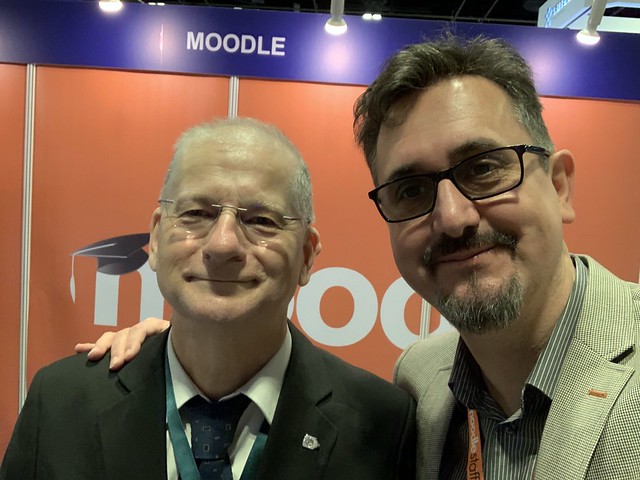Today I received begging letters from two universities I studied at. Recently I also had a call from a student at the behest of the university asking for money. I find this annoying and distasteful. am happy to support universities through taxes, student fees, an annual donation and occasional, endowment. However, I don't like the way universities go about trying to get more money out of me. Each time I get one of these emails, I mark it as "spam".
Here is a sample from one email:
"If you are considering a year-end donation, I want to tell you how your gift to ... University can really make a difference.
While I may not know your personal story, I know it took hard work, dedication, and grit for you to earn your degree. ..."
And another:
"Hi Tom, thank you for being a part of the ... donor community. A student filmed this video to express our gratitude for your continued support."
The first is at least being honest in that they say they don;t know me, whereas the second uses fake familiarity.
Interestingly I have never had one from the not-for-profit vocational college I also studied at. That might be a good reason to study in the VET sector, so you don;t get so much spam, and harassing phone calls.
Do these begging letters generate a significant amount of revenue? Do phone calls generate enough to cover the cost of the wages paid to the people making the calls?


